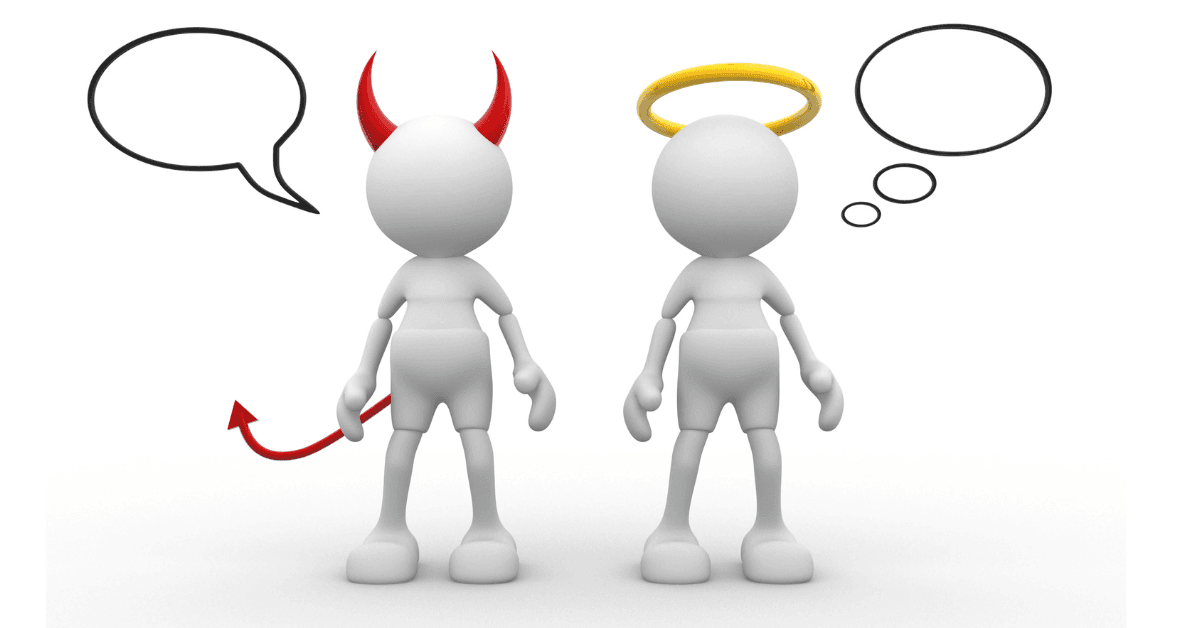The Rice Purity Test: A Unique Way to Discover Your True Self
Explore how the Rice Purity Test helps with self-reflection and personal discovery. Though not scientifically validated, this popular assessment provides insights into your behaviors and life experiences.
 TAKE RICE PURITY TEST
TAKE RICE PURITY TESTI still remember the first time I encountered the Rice Purity Test—huddled with new friends in a dormitory lounge, our laughter punctuated by gasps of surprise and playful accusations. There's something magical about those 100 questions that transform strangers into confidants, as they gently peel back the layers of our carefully constructed public personas. This seemingly simple questionnaire has woven itself into the tapestry of college culture, becoming both midnight entertainment and profound self-discovery tool. More than just a collection of checkboxes, the Rice Purity Test has evolved into a mirror—sometimes clear, sometimes distorted—reflecting back pieces of ourselves we might never have consciously examined otherwise.
What is the Rice Purity Test?
Imagine holding in your hands a map to your own life experiences—each question a landmark on the journey you've traveled so far. The Rice Purity Test unfolds like a conversation with yourself, wandering through the gardens of innocence and the alleyways of experience with equal curiosity. As your finger hovers over each checkbox—contemplating moments of connection, rebellion, experimentation, and restraint—you're not just answering questions; you're assembling a mosaic of your life's choices. The beauty of these 100 questions lies not in their clinical precision, but in their ability to evoke memories: the bitter taste of your first beer, the electric touch of a forbidden kiss, the rush of adrenaline from a midnight adventure. Each "yes" and "no" carries the weight of a story—sometimes one you've told proudly, sometimes one you've never shared until now.
Why Do People Take the Rice Purity Test?
There's a tenderness in watching someone's eyes as they move through the questions—that dance between vulnerability and curiosity, between nostalgia and possibility. I've witnessed friends take the test with laughter bubbling from their lips, only to fall silent at particular questions that touched raw nerves or awakened forgotten memories. Some of us come to the test seeking validation—a numerical confirmation that we're "experienced enough" or "pure enough" by some imagined standard. Others approach it as a gentle excavation of the self, unearthing patterns and preferences we hadn't consciously recognized. And across university campuses, resident advisors create sacred spaces where these questions become bridges rather than barriers—turning personal revelations into community conversations about choices, consequences, and the complex tapestry of becoming adults together.
What Does Your Rice Purity Test Score Mean?
The moment when those digits finally appear on your screen carries a strange power—I've felt my heart race just slightly, wondering what story those numbers would tell about me. But perhaps the most beautiful realization comes afterward: no algorithm can capture the nuance of your journey. A score of 85 might belong to someone who has loved deeply but chosen boundaries carefully, while a 45 might belong to someone who experienced much in a brief season but now walks a different path. The number that appears isn't a grade of your worth or a prediction of your future; it's more like a photograph—capturing where you were in a specific moment, in a specific light. What matters isn't whether your score places you among the "saints" or the "sinners" (those artificial categories we so love to create), but how you carry the experiences that contributed to that score—with regret or wisdom, with shame or pride, with fear or freedom.
Should You Take the Rice Purity Test?
I've watched friends approach the test with hesitation, fingers hovering over their keyboards as if the questions might somehow judge them. And perhaps that's the most important thing to understand before you begin: these questions don't carry moral weight until we assign it to them. The test isn't a measure of your goodness or your worth—it's simply a reflection of paths you've walked and choices you've made. If you approach it with gentleness toward yourself, with a curiosity about your own journey rather than a desire to compare or compete, it can become something precious: a conversation with yourself about who you've been and who you're becoming. The most valuable outcome isn't the score itself, but the self-awareness that blooms in its aftermath—the recognition of patterns you might want to continue or change, the gratitude for experiences that have shaped you, the compassion for younger versions of yourself who were simply doing their best to navigate this beautiful, complicated world.
Conclusion
When I look back at my own journey with the Rice Purity Test—from the nervous freshman comparing scores with new friends to the reflective adult occasionally revisiting it to mark the passage of time—I'm struck by how something so simple can contain such depth. Beyond the giggles and the occasional blushes, beyond the numerical score that flashes on the screen, lies an invitation: to embrace your whole story, with all its messiness and magic. Perhaps that's why this test has endured across decades of digital trends and campus fads—because it speaks to something timeless in the human experience: our desire to understand ourselves, to be witnessed in our complexity, and to recognize that purity isn't about absence of experience but about authenticity of being. So if you're standing at the threshold of those 100 questions, wondering whether to begin, I offer this: enter with kindness toward yourself. Your score doesn't define you; your journey does—and that journey is still beautifully, powerfully unfolding.